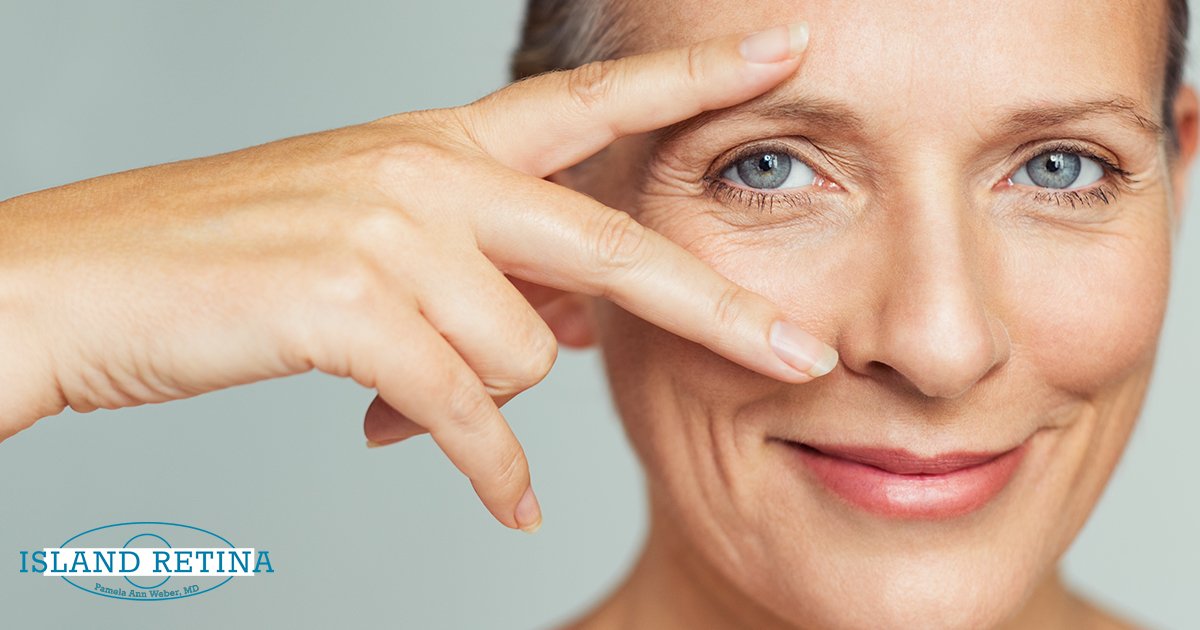April 19, 2019

To say that women live busy lives is an understatement. The demands of caring for children, investing in their marriage, combined with work and home demands leave little time for anything else. While women may be good at taking care of others, they often neglect their own health and eye exams fall at the bottom of their health priority list. As the airplane safety video says, “Put your own oxygen mask on first.” You can’t take care of others if you’re running out of air yourself.
You may struggle to find time in the day to squeeze in an eye exam. It may feel selfish, but it’s in your best interest to take care of your eyes. Women are more likely than their male counterparts to suffer from vision related illnesses. This is because women live longer, are at-risk for autoimmune disorders and experience age-related hormonal changes as they get older.
Consider some startlingly statistics:
- Women are more over 60% more likely to develop blindness or vision impairment after 40 than men.
- Women are more likely to develop the top four, age-related eye diseases including glaucoma, macular degeneration, cataracts, and diabetic retinopathy.
- Post-Menopausal women are more likely to develop dry eyes than men.
Ask yourself, do you really want to go through life with impaired vision? The good news is there are several steps to maximize a women’s vision and eye health:
- Schedule a dilated eye exam:
Just like your yearly physical, it’s important for women to get a dilated eye exam which is critical in detecting eye diseases. - Maintain a healthy lifestyle:
A diet that is rich in vegetables provides your eyes with the nutrients they need to stay healthy. Exercise is equally important to eye health. Obesity is linked to ocular complications including cataracts, glaucoma and diabetic retinopathy. - Know your families health history:
Most eye diseases are hereditary. If members of your family have suffered from eye diseases, you are more likely to be at risk. Talk to your parents and grandparents to learn more about your families health history.

